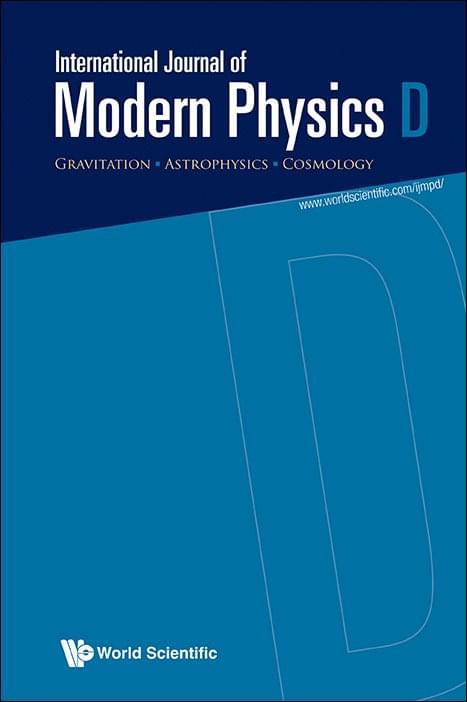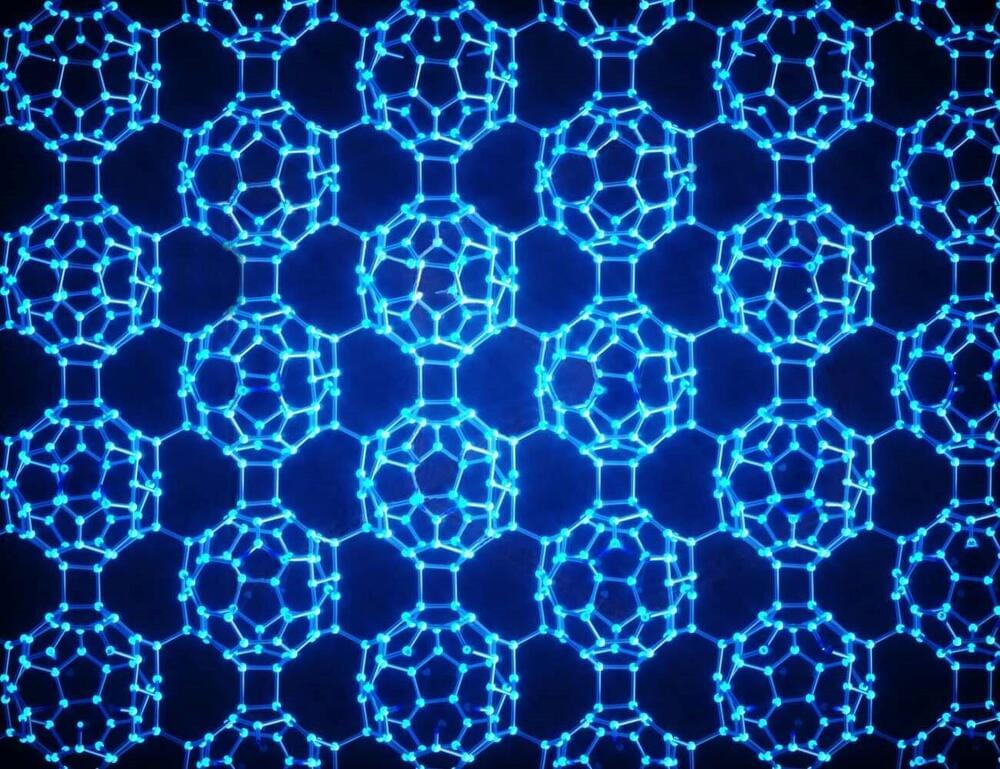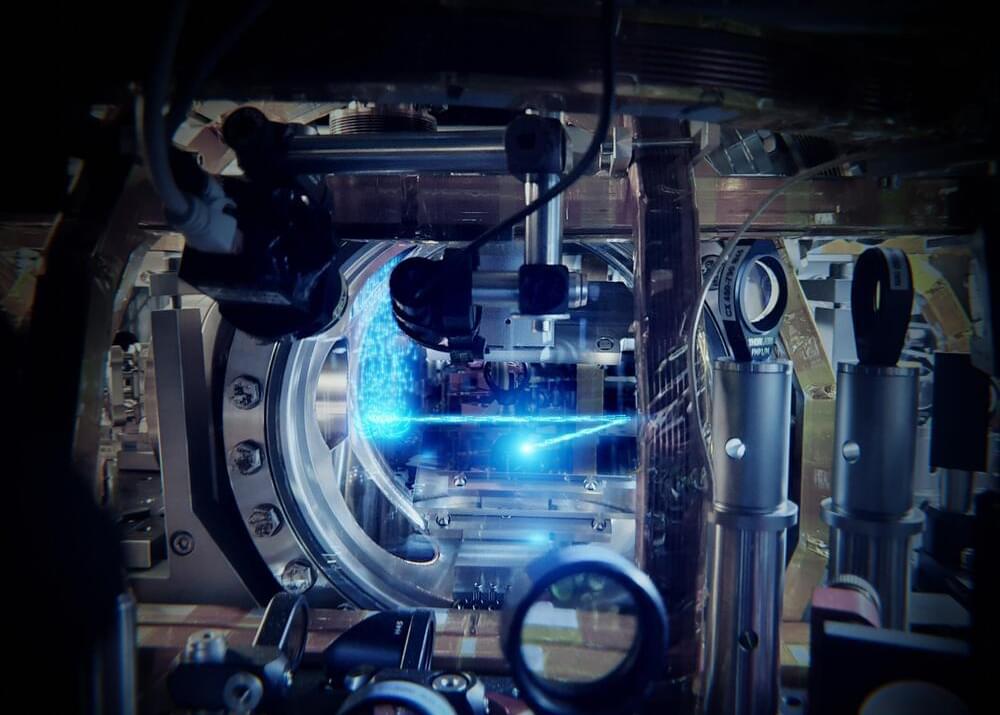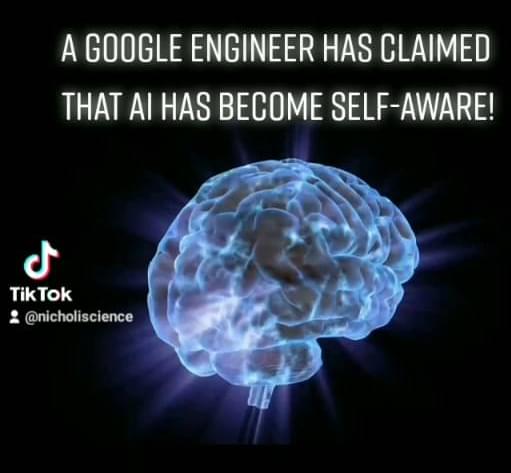
Circa 2006 string theory would explain everything even extradimensional beings or even weird phenomenon. Basically it could even explain something even greater about our existence that even a God level entity had a grand design of our universe. It could even explain miracles by these entities using string theory. Even Einstein thought that there could be a great designer and oddly enough this could explain all things in physics and our world even an infinite multiverse that our universe is much more odd then we previously thought. String theory could even essentially be the next step after quantum mechanics.
In the first part of this paper, we explain what empirical evidence points to the need for having an effective grand unification-like symmetry possessing the symmetry SU-color in 4D. If one assumes the premises of a future predictive theory including gravity — be it string/M-theory or a reincarnation — this evidence then suggests that such a theory should lead to an effective grand unification-like symmetry as above in 4D, near the string-GUT-scale, rather than the standard model symmetry. Advantages of an effective supersymmetric G(224) = SU L × SU R × SU c or SO(10) symmetry in 4D in explaining (i) observed neutrino oscillations, (ii) baryogenesis via leptogenesis, and (iii) certain fermion mass-relations are noted. And certain distinguishing tests of a SUSY G(224) or SO(10)-framework involving CP and flavor violations (as in μ → eγ, τ → μγ, edm’s of the neutron and the electron) as well as proton decay are briefly mentioned.
Recalling some of the successes we have had in our understanding of nature so far, and the current difficulties of string/M-theory as regards the large multiplicity of string vacua, some comments are made on the traditional goal of understanding vis a vis the recently evolved view of landscape and anthropism.
Invited plenary talk delivered at the International Conference on Einstein’s Legacy in the New Millennium, December 15–22, 2005, Puri, India.









